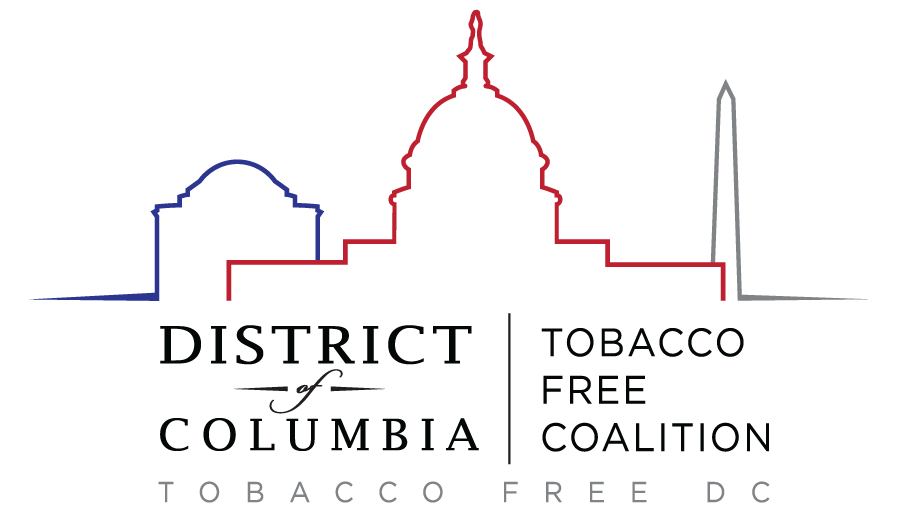Secondhand Smoke
When You Smoke, Your Family Smokes:
Secondhand Smoke Causes Serious Health Risks to our Children
Breathing secondhand smoke can be harmful to children’s health including asthma, Sudden Infant Death Syndrome (SIDS), bronchitis and pneumonia and ear infections. Children’s exposure to secondhand smoke is responsible for: (1) increases in the number of asthma attacks and severity of symptoms in 200,000 to 1 million children with asthma; (2) between 150,000 and 300,000 lower respiratory tract infections (for children under 18 months of age); and, (3) respiratory tract infections resulting in 7,500 to 15,000 hospitalizations each year.
Children are especially sensitive to the effects of secondhand smoke because they are still developing physically, have higher breathing rates than adults, and are generally at the mercy of their parents/guardians for the quality of their indoor environments. Children exposed to high doses of secondhand smoke, such as those whose mothers smoke, run the greatest relative risk of experiencing damaging health effects.
Exposing your children to secondhand smoke can:
Cause increased risk for your child to have asthma and more asthma attacks.
Make your child more susceptible to Sudden Infant Death Syndrome (SIDS).
Cause a greater chance of lower respiratory track infections, such as pneumonia and bronchitis for infants and children younger than 6.
Increase the risk for middle ear infections.
Health Risks to Children with Asthma
Asthma is the most common chronic childhood disease affecting 1 in 13 school aged children on average.
Exposure to secondhand smoke can cause new cases of asthma in children who have not previously shown symptoms.
Exposure to secondhand smoke can trigger life-threatening asthma attacks and make asthma symptoms more severe.
For additional information and resources click on the links below:
2006 Surgeon General Report on Secondhand Smoke
American Cancer Society- National organization dedicated to cancer research and prevention
Environmental Protection Agency - providing great resources to promote smoke-free homes
National Library of Medicine – Database for cancer research and journals
University of Medicine and Dentistry of New Jersey
Mayo Clinic – “Avoid Dangers in the Air You Breathe”
Smokefree.Gov – Great resource on tobacco use and women




